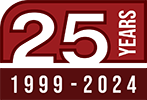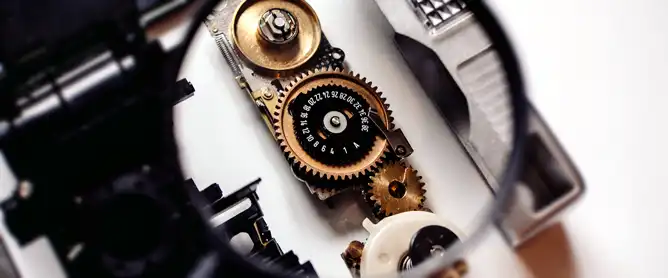Doing the job right: eight key duties of a successor trustee
Avoid any actions that even appear to be improper, and at all times do your best to be – in fact and by your actions – completely above reproach.
Ryan Scharber's November 2020 article, “Falling Short: Harsh Consequences for Breach of Fiduciary Duty,” described how, for a person serving in a fiduciary capacity, failing to meet a standard of conduct can carry serious liability.
That article seemed to inspire some of our readers who were serving as a successor trustee to reaffirm their commitment to the proper execution of their duties. One client told us, “I don’t want to just avoid making mistakes. I want to do the job right, out of respect for my late brother and his kids.”
When asked general questions about the duties of a trustee, our response almost always includes a link to our Successor Trustee Handbook, which consistently ranks among the most popular destinations on our website.
The following excerpt summarizes eight important duties that are described briefly below and in greater detail in our full handbook.
Duty 1. General Prudence
As the trustee, you are duty bound to deal with the trust property as a “prudent person” would deal with the property of another. Your actions will be judged against what a reasonable person would have done in the same circumstances, given the same limitations to which you were subject, and armed with the same information that was at your disposal. If you conduct yourself properly, you will generally avoid personal liability if something bad happens with the trust assets.
2. Carrying Out the Terms of the Trust
One of the trustee’s most important duties is to become thoroughly familiar with and closely follow the trust’s provisions. It will be difficult for anyone to fault your performance of your fiduciary duties if everything you do is in accordance with the terms of the trust.
3. Loyalty
You must always act to further the interests of the trust and its beneficiaries. You should not enter a transaction that gives you an opportunity to benefit yourself, especially at the expense of the trust. If there is a conflict between the interests of the trust and the interest of you or a third party, the interests of the trust and its beneficiaries come first.
4. Not Overly Delegating
As trustee, you are responsible for the trust, and you should not turn over its complete administration to others. This does not mean that you must actually perform all of the administrative work yourself; you can delegate certain administrative details to persons qualified to handle them (for example, to an accountant or attorney). But remember: You, as trustee, are the person ultimately responsible for the trust’s administration.
If you are one of two or more trustees, you have an obligation to be fully involved and to know what your co-trustees are doing on behalf of the trust. Each trustee is responsible to the beneficiaries for any misconduct by another trustee.
5. Reporting and Accounting
The trustee of an irrevocable trust has specific notification and reporting requirements. Unless the trust expressly states otherwise, a trustee of an irrevocable trust must keep all “qualified beneficiaries” (described in the Successor Trustee Handbook) reasonably informed about the administration of the trust and must give them information they need to protect their interests. A trustee also has an affirmative obligation to respond to a beneficiary’s request for information related to that administration.
6. Segregating Trust Assets
You must keep the trust property separate and distinct from your own property. You should have one or more separate bank accounts for the trust, trust assets must always be readily identifiable as such, and its assets should never be commingled with yours.
7. Getting Help When You Need It
When uncertain about how to proceed, consult the lawyer for the trust. Do not make your best guess; if something goes wrong, and you have not obtained professional guidance, you may expose yourself to personal liability for any losses suffered by the trust.
8. Protect and Preserve Trust Assets
For some types of trust assets, protecting them may require insuring them. In those cases, consult a competent insurance agent regarding proper coverage. Few things are worse than having a trust asset destroyed, through no fault of yours, and you being required to make reparations to the trust from your own assets.
Closing Comment: Avoid the Appearance of Impropriety
If a beneficiary questions your decisions or actions as trustee, you generally bear the burden of proving that you acted properly, and they probably will not extend to you the presumption of innocence.
Avoid any actions that even appear to be improper, and at all times do your best to be – in fact and by your actions – completely above reproach.
See the full text of our
Successor Trustee Handbook and its companion
Personal Representative Handbook.


